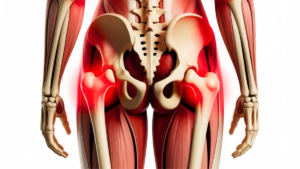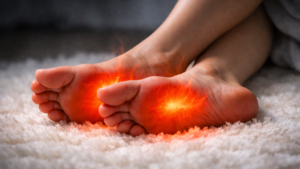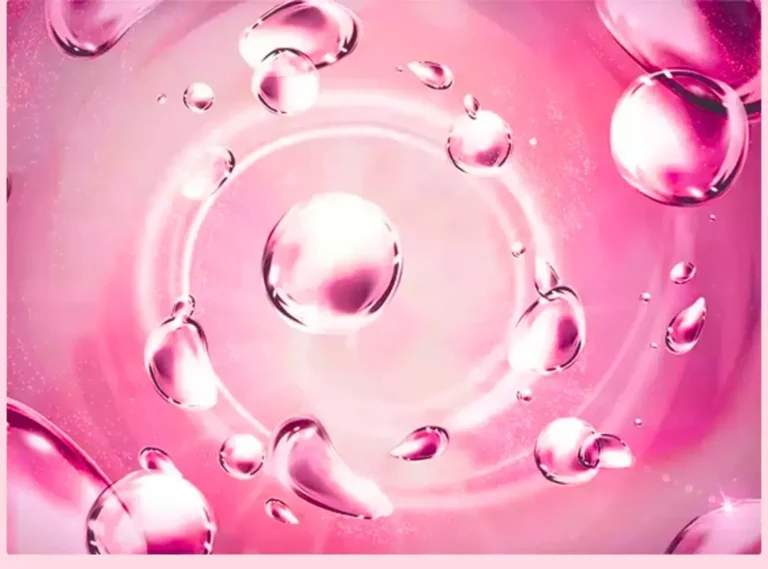
Menopause is a natural stage in a woman’s life, marked by the decrease of sex hormones, mainly estrogen. This change affects not only the menstrual cycle but also the health of the skin, bones, and joints. It is precisely at this stage that many women look for alternatives to maintain vitality, and hydrolyzed collagen is one of the most popular options.
But the big question remains: does hydrolyzed collagen really work during menopause? Let’s explore what science says, the real benefits, and how to use it safely.
What is hydrolyzed collagen?
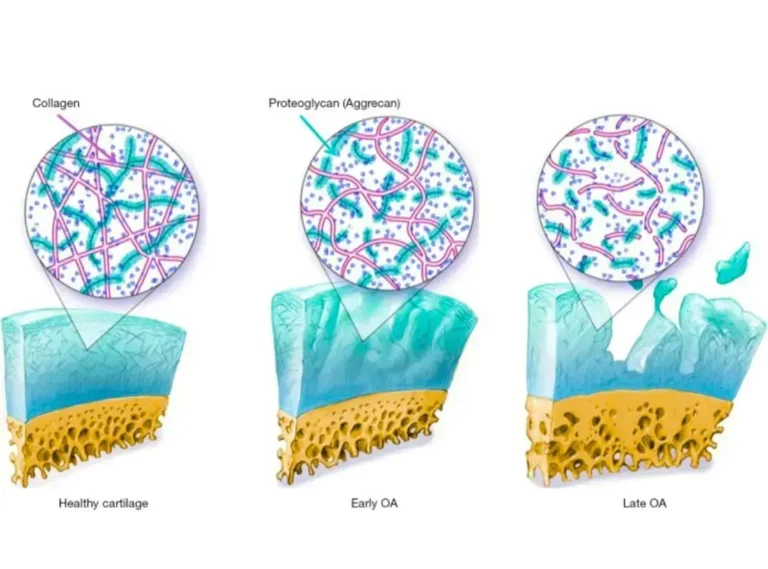
Collagen is the most abundant protein in the human body, responsible for firmness and elasticity of the skin, as well as forming bones, cartilage, tendons, and ligaments.
As we age, especially after the age of 40, natural collagen production decreases. The process accelerates during menopause due to the drop in estrogen.
Hydrolyzed collagen is obtained by breaking down collagen into smaller particles called collagen peptides, which are easier for the body to absorb. It is available in powder, capsules, or drinks.
Why is collagen important during menopause?
During menopause, the decline in estrogen reduces the body’s natural collagen production. This decrease has visible consequences:
-
Skin: thinner, drier, and less elastic.
-
Bones: increased risk of osteopenia and osteoporosis.
-
Joints: stiffness and pain may appear or worsen.
For these reasons, collagen supplementation is often considered by women during this stage of life
Does hydrolyzed collagen really work?
Science is still evolving, but several studies have shown benefits of hydrolyzed collagen:
-
Skin: improved elasticity and hydration after 8–12 weeks of use.
-
Joints: reduced pain in people with joint wear, especially when combined with exercise.
-
Bones: some studies suggest it may help with bone density when used alongside calcium and vitamin D.
It’s important to stress that collagen is not a miracle solution. Results vary from person to person and depend on dosage, length of use, and lifestyle habits.
What exactly does hydrolyzed collagen help with?
-
Skin: more firmness, reduced fine lines, improved hydration.
-
Bones: support in forming bone matrix.
-
Joints: better mobility and less discomfort in some cases.
-
Hair and nails: strengthening and less breakage.
What’s the best type of collagen for women in menopause?
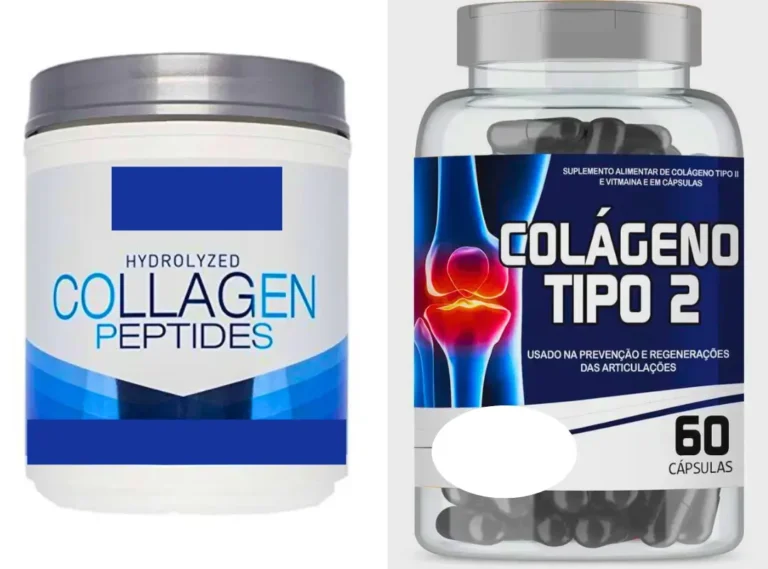
There are different types of collagen:
-
Type I → predominant in skin, hair, and nails.
-
Type II → mostly found in cartilage, recommended for joints.
Hydrolyzed collagen usually contains Type I, but there are supplements with undenatured Type II collagen specifically for joint health.
For general benefits, hydrolyzed Type I collagen is the most widely used. If joint pain is the main concern, Type II collagen may be considered, always with professional guidance.
How to use it safely
-
Common dosage: 2.5 g to 10 g per day, depending on the product.
-
Vitamin C: essential to boost absorption and stimulate collagen synthesis.
-
Best timing: can be taken any time of the day, mixed in water, smoothies, or juice.
-
Safety: generally well tolerated, but people with dietary restrictions (such as animal protein allergies) should be cautious.
Always seek medical or pharmaceutical advice before starting supplementation.

Hydrolyzed collagen works best when paired with a healthy lifestyle. Some key habits include:
-
Protein-rich diet: lean meats, eggs, legumes.
-
Fruits and vegetables: high in antioxidants that protect natural collagen.
-
Regular physical activity: strengthens bones and muscles.
-
Adequate sleep: crucial for cell regeneration.
-
Avoid smoking and excessive alcohol: both speed up collagen degradation.
Conclusion
Hydrolyzed collagen can indeed bring benefits for women during menopause, especially for skin and joints. However, it is not an instant or miraculous solution: results depend on consistent use, product quality, and above all, healthy lifestyle habits.
To ensure safety and better outcomes, it is essential to consult a doctor or pharmacist before starting supplementation. With the right guidance, collagen can become a valuable ally in well-being during menopause.
Scientific studies
Effects of Oral Collagen for Skin Anti-Aging: A Systematic Review and Meta-Analysis”
-
Publicado em 2023. PubMed
-
Revisão de 26 ensaios clínicos randomizados (n = 1.721 participantes) que examinaram suplementação com colágeno hidrolisado, mostrando melhora significativa na hidração da pele e elasticidade.
-
Jornal: PubMed / Meta-Analysis (o estudo está indexado no PubMed).
“Effect of supplementation with type 1 and type 3 collagen peptide and type 2 hydrolyzed collagen on osteoarthritis-related pain, quality of life, and physical function: A double-blind, randomized, placebo-controlled study”
-
Publicado em 2025, Volume 36, Edição 1. jointdrs.org
-
Estudo avaliou os efeitos de diferentes tipos de colágeno (peptídeos tipo 1 e 3 e colágeno hidrolisado tipo 2) em dor, qualidade de vida e função física em pessoas com osteoartrite. jointdrs.org
-
Jornal: Joint Diseases and Related Surgery
Reviewed and written by: Dr. Vilma Mendonça – Pharmacist
Photos: Yandex





